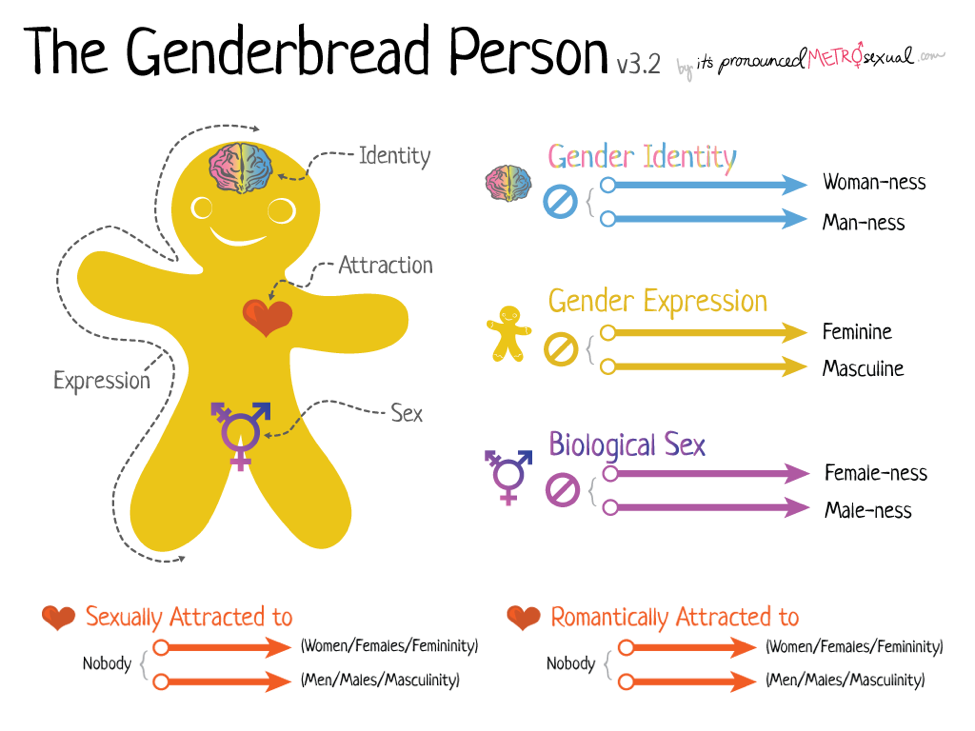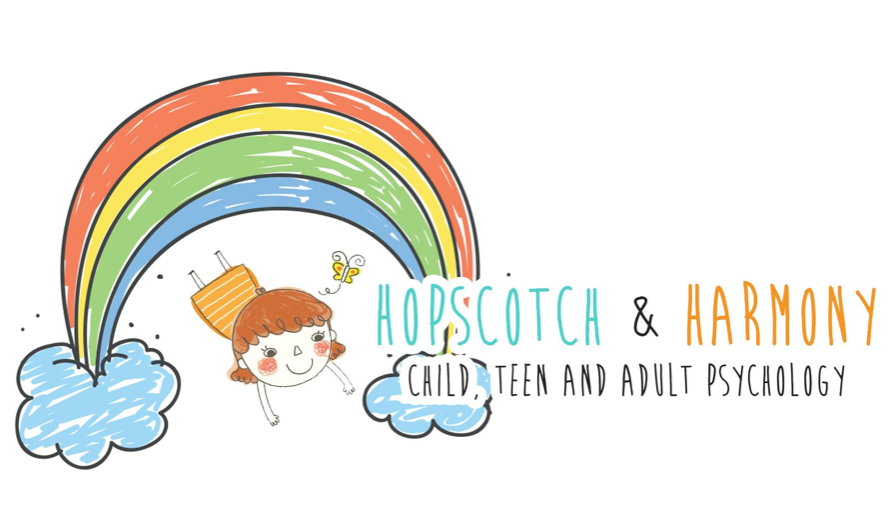|
Dr Annabel Chan, Clinical Psychologist Is a child in your life transgender? Do you think they might be? Are you feeling confused or overwhelmed, and wondering what it will mean for your family? Relax, because it’s okay to be uncertain! Having a transgender child doesn’t mean parents and carers will instantly know everything about the topic - it’s a learning path a family can travel together. All you need is the willingness to learn, grow, and become an empowered parent. While Australian data are still coming together, we know at least 1.4 million adults in the United States are living as transgender. Your child is not alone, and needs support to grow into a healthy and self-accepting adult. To get that going, here are 5 simple tips to help you and your transgender child, no matter where you both are on the journey. 1.There is no right time for acceptance. Parents sometimes shy away from discussing sex and sexuality with children, opting to “wait till they are older” and avoid awkwardness or uncomfortable questions. Unfortunately, without an environment that includes safe, open discussions about gender and sexual identities, a child can feel anxious about coming out to their loved ones. Take the lead! Create a family culture of openness and non-judgement that includes non-confronting conversations about sexuality and gender. Try discussing a movie or TV character with your teen - “Hey, Penguin doesn’t seem to be sexually attracted to any other characters in Gotham. Maybe he’s asexual. What do you think?” 2. Accept who they are, don’t assume who they are. If a child might be transgender, go with the flow, and don’t dismiss it as “just a phase”. It’s true that some children who identify as trans later change their mind, but this is a low percentage. Even if your child is part of this small group, there is no harm in accepting their identity now. Remember that not every transgender child will want to transition, have surgery or hormonal treatment, wear a certain type of clothing, change their hobbies, or is gay, lesbian, bisexual, or pansexual. Listen to your child about what being trans means to them, and let their individuality lead the way. Oh, and be careful about “mis-gendering” a child by unconsciously using terms and expectations that don’t fit their true gender. Not every girl likes wearing dresses, and not all boys are aggressive or into sports. Your child can identify with a gender without accepting stereotypes! This can be as basic as using their birth name instead of their chosen name - Jill might have been “Jack” at birth, but calling her that denies part of her identity. Families will slip up, and parents might even feel hurt by their child choosing a new name, but it’s okay to apologise, accept, and move forward. There’s no right way to be trans. 3. Learn. Learn. Learn. Overwhelmed parents, trying to keep up with new terminologies and expectations, can sometimes wish for “the good old days”, when everyone was just male, female and straight. But remember, transgender people, along with all the other colours on the LGBTIQA+ rainbow, have always existed, but were forced into silence or punished for speaking out. Even though the rate of change can seem exhausting, this is how we create a world where transgender children can grow up safe and healthy. There used to be only two kinds of bread, but life is richer with chia seed loaves and sourdough! Speaking of bread, meet... The fantastic and adorable Genderbread Person is a great and simple way for parents to discuss the differences between sex, gender, attraction, and expression with their child. Who knows, you may not be as heteronormative as you thought you were! 4. Be their protective factor. People who identify as transgender have significantly higher rates of mental illness and suicide, which is sometimes used to argue against transgender acceptance. But being trans isn’t the problem - it’s the discrimination, stigma, and abuse they can face daily, and compromises their wellbeing. Being transgender is not a mental illness, and a child’s gender identity is not a symptom that needs treatment. Therapy can, however, help your child find new ways to cope with the challenges of being transgender in a world that hasn’t reached full acceptance, so consider sending your child to a transgender-friendly psychotherapist. Be their loudest and proudest advocate but never “out” your child - they can choose who to share their transgender status with. No one needs to know until your child is ready to tell them. The best way you can advocate and show solidarity is to give your child control over their own story. Fun fact: family support is the strongest predictor of health and happiness for transgender people. Offer your child this unconditional support, and watch them flourish into a happy, healthy adult. 5. Seek your own support. Parents of transgender children may face stigma, unkindness from friends or relatives, challenges with their religious or cultural communities, and struggles with changed expectations of their child’s future. Seeking your own professional support may help to manage the challenges of being in a transgender family, and provide strengths that protect you and your child. Find a local or online support group. Engage in psychotherapy. Learn from the lived experiences of transgender people. Come to terms with your child’s identity, and be a leader and champion for our first generation of free and accepted transgender Australians! Thank you greatly to Michelle Sheppard (link: https://mishsheppard.com/), trans woman, colleague, and friend, for her input and guidance to this article. If you and/or your child can benefit from support from trained and diversity-friendly psychologists, give us a call today! Hopscotch and Harmony provides safe and judgement-free therapeutic spaces for children, teenagers, and parents who may need a little boost and guidance on your journey of self-discovery.
Comments are closed.
|
Categories
All
|
Hopscotch & HarmonyAt Hopscotch & Harmony Psychology, you can expect compassionate care and evidence-based guidance on your journey to wellness.
With clinics in Werribee and Belmont, as well as providing online counselling to clients who live throughout Australia, our dedicated team of psychologists and dietitians are committed to providing support to children, teenagers and adults. With a focus on understanding your unique needs, we offer tailored solutions to foster growth and resilience. Trust in our experience and dedication as we work together towards your well-being. Welcome to a place where healing begins and possibilities abound. |
Our services |
Contact usHopscotch & Harmony
Child, Teen and Adult Psychology Our Locations:
WERRIBEE: 1/167-179 Shaws Rd
BELMONT: 92 Roslyn Rd AUSTRALIA-WIDE: Online counselling |
Hopscotch and Harmony respectfully recognise the Aboriginal and Torres Strait Islander people as the first Peoples of the continent now called Australia.
We acknowledge the Bunurong and Wadawurrung people of the Kulin Nation, the traditional owners of the land on which we work, and pay our respects to their Elders, past, present and emerging.
© 2024 Hopscotch and Harmony Pty Ltd






 RSS Feed
RSS Feed
